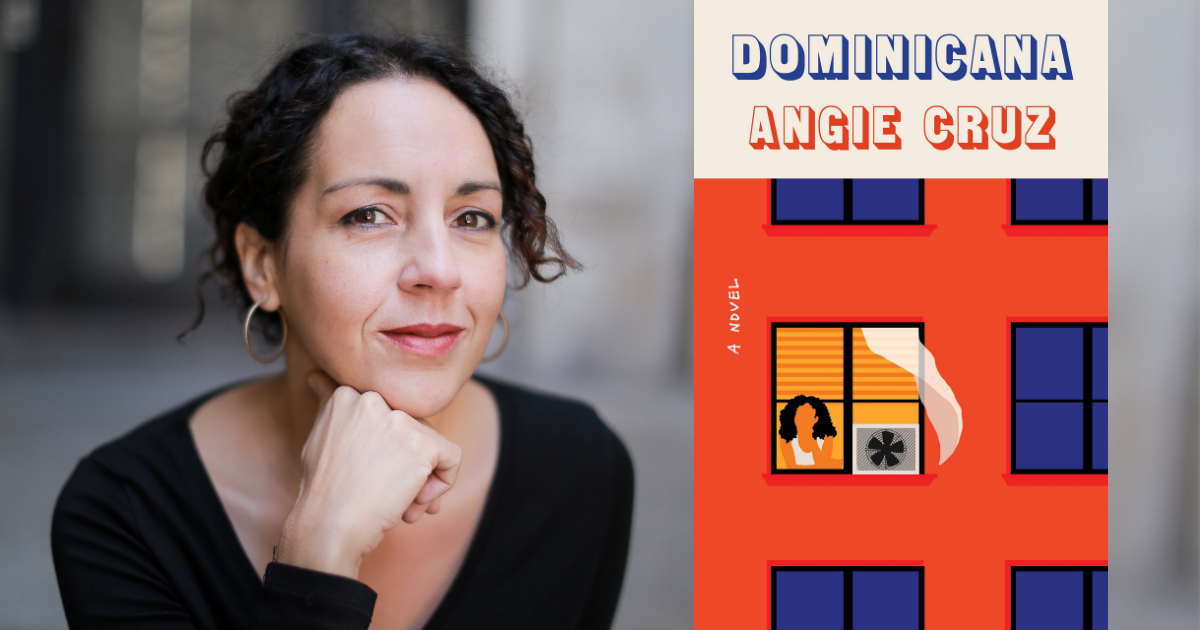

In bright, musical prose that reflects the energy of New York City, Angie Cruz’s Dominicana is a vital portrait of the immigrant experience and the timeless coming-of-age story of a young woman finding her voice in the world.ĭominicana by Angie Cruz was a story that by the title alone I was intrigued to devour. When Juan returns, Ana must decide once again between her heart and her duty to her family. Suddenly, Ana is free to take English lessons at a local church, lie on the beach at Coney Island, see a movie at Radio City Music Hall, go dancing with Cesar, and imagine the possibility of a different kind of life in America. But at the bus terminal, she is stopped by Cesar, Juan’s free-spirited younger brother, who convinces her to stay.Īs the Dominican Republic slides into political turmoil, Juan returns to protect his family’s assets, leaving Cesar to take care of Ana. Lonely and miserable, Ana hatches a reckless plan to escape. So on New Year’s Day, 1965, Ana leaves behind everything she knows and becomes Ana Ruiz, a wife confined to a cold six-floor walk-up in Washington Heights.

Their marriage is an opportunity for her entire close-knit family to eventually immigrate. It doesn’t matter that he is twice her age, that there is no love between them. But when Juan Ruiz proposes and promises to take her to New York City, she has to say yes. Fifteen-year-old Ana Cancion never dreamed of moving to America, the way the girls she grew up with in the Dominican countryside did.


 0 kommentar(er)
0 kommentar(er)
